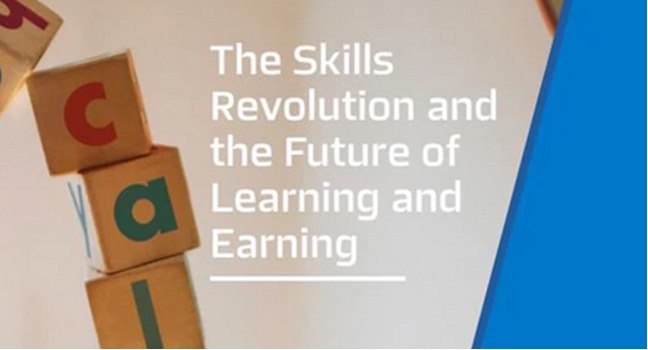
The skills revolution and the future of learning and earning
Digital technologies are fundamentally changing the labor market. Appropriate standards of education and training are needed to ensure sustainable and inclusive economic growth.
As the authors of the publication “Skills Revolution. What to learn and how to earn in the future” (The skills revolution and the future of learning and earning), leaders of organizations in the private and public sectors have a critical role to play in creating jobs and developing professional competencies that meet market demands.
The report presents an analysis of the prospects for the development of the vocational education system. McKinsey experts identify the following long-term trends:
- Massive job cuts due to workflow automation. In the Middle East and North Africa region, it is estimated that 45% of existing workflows will be automated.
- Increasing demand for social and emotional as well as digital skills.
- Direct dependence of the amount of earnings on advanced training and professional experience.
- Active introduction of digital technologies in the educational process.
- Higher education is moving towards a practice-oriented approach. Programs increasingly include hands-on activities. A new micro-certification system is also beginning to be introduced.
- Continuing education. After graduation from higher education, skills development continues in the workplace.



